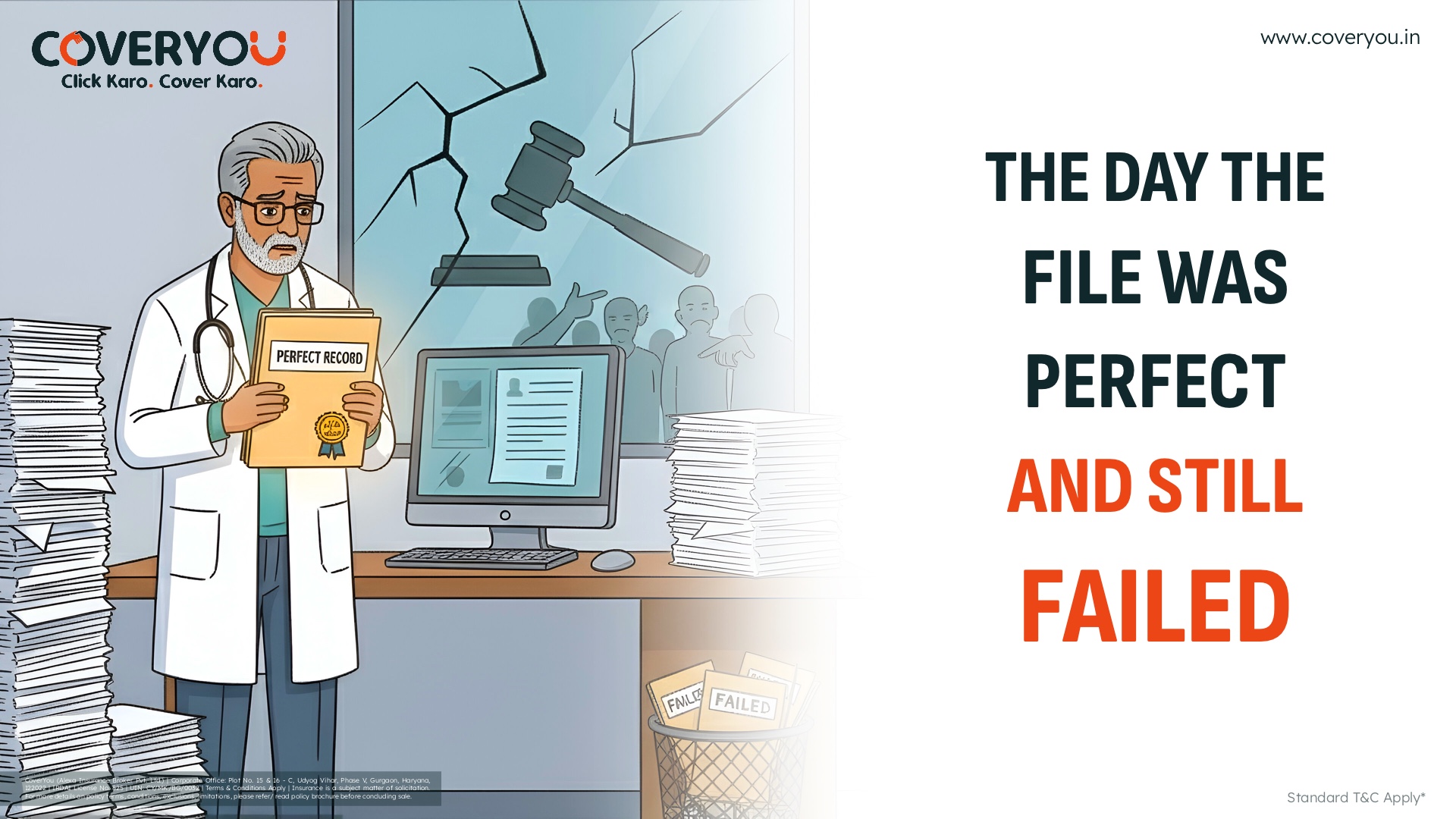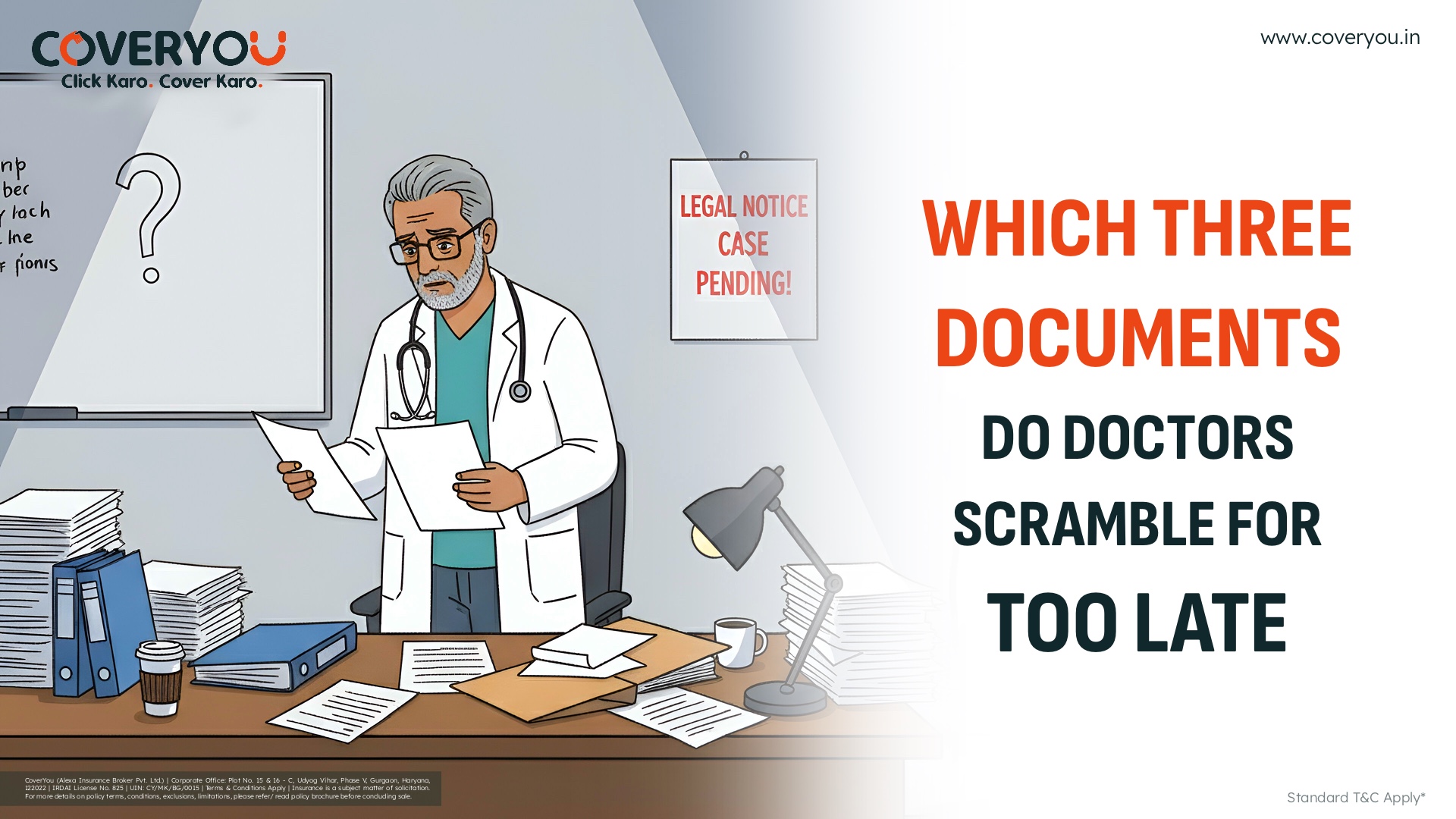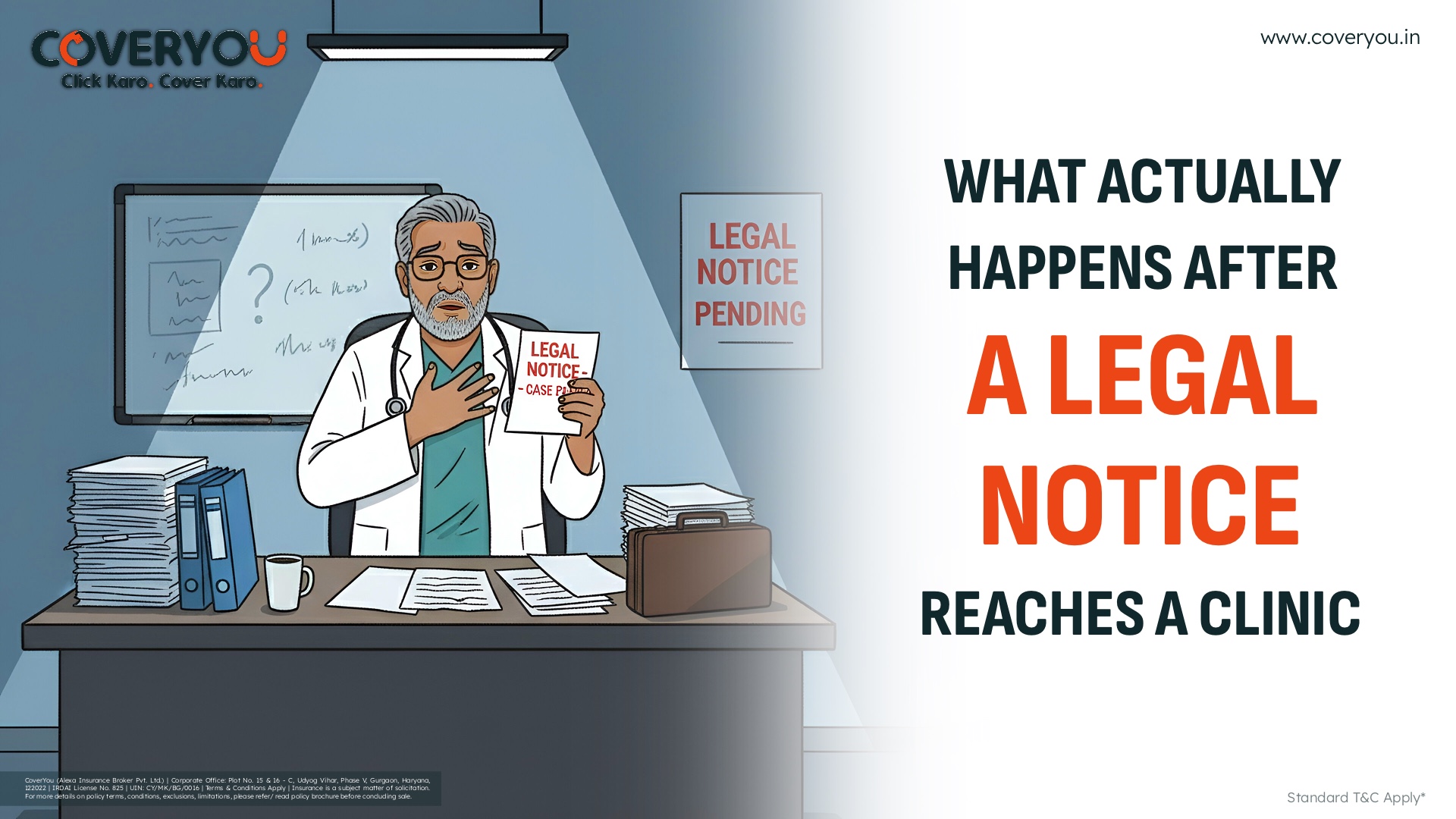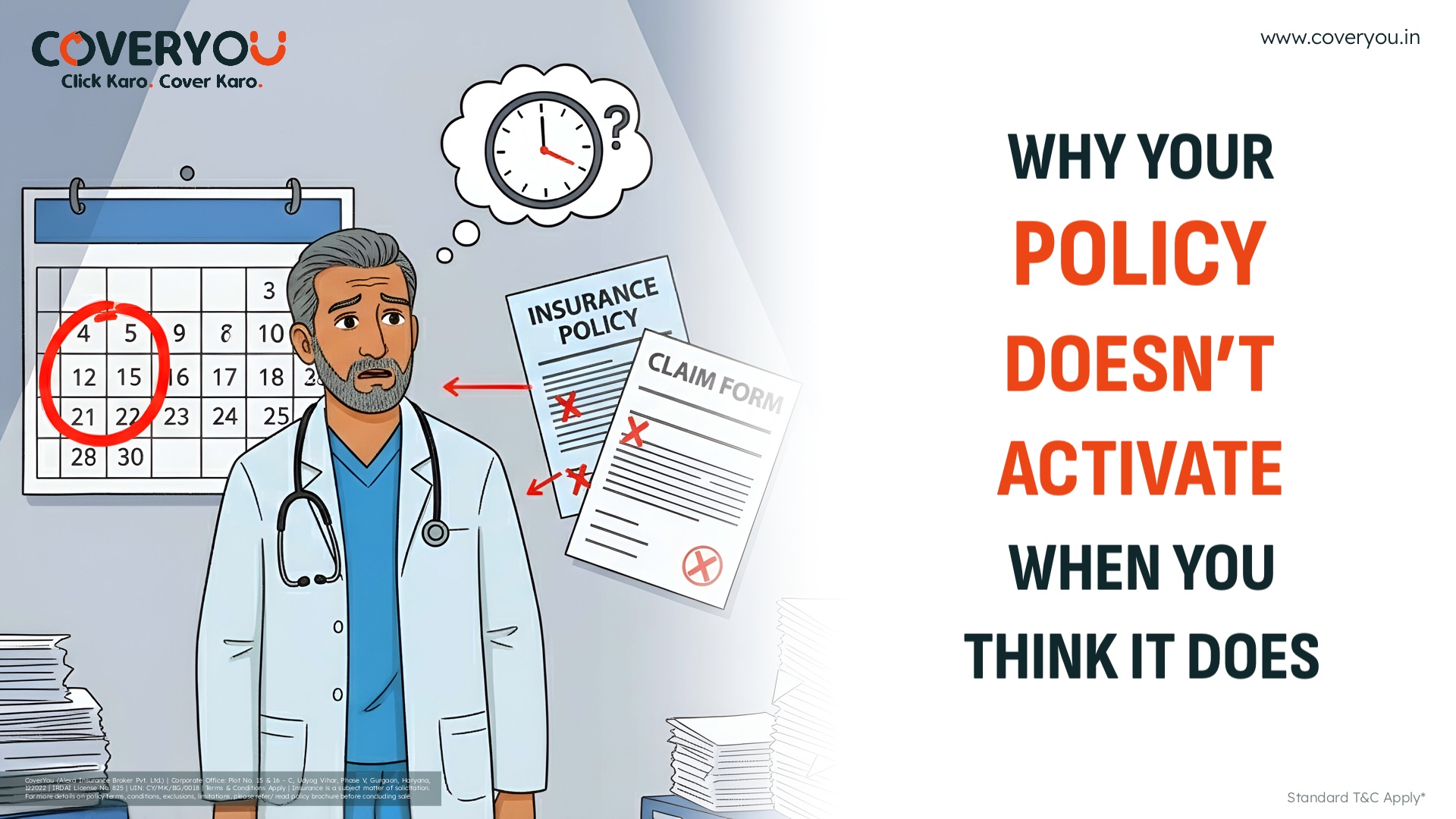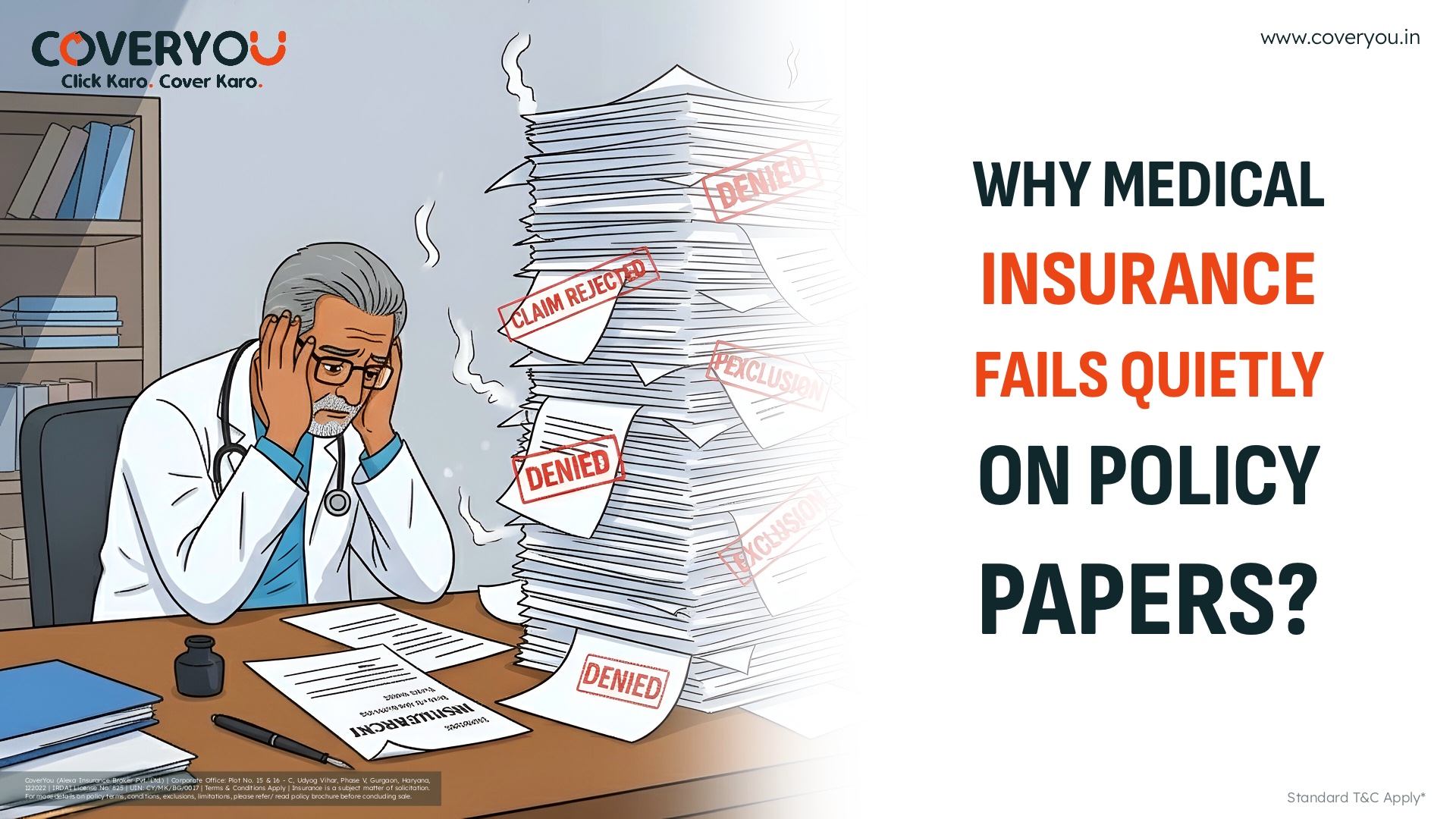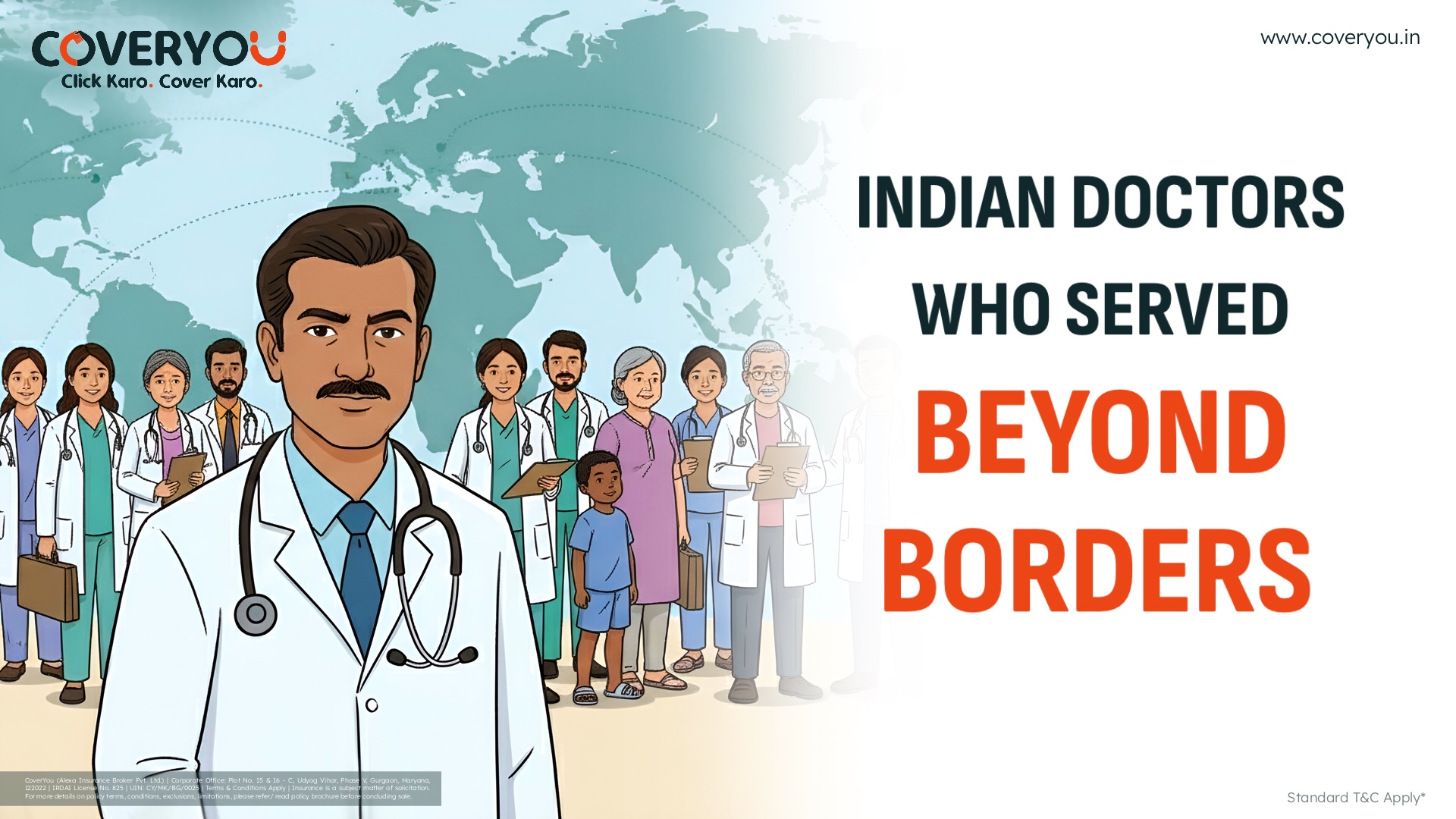Health insurance is an important safety net that provides financial protection during medical emergencies, yet many people still underestimate its importance. While having the right health insurance plan can save lives and reduce financial burdens, a lot of myths and misconceptions prevent people from making informed decisions. These myths can lead to inadequate coverage, unexpected expenses, and missed opportunities for better healthcare.
Common Myths Related To Health Insurance:
-
Young People Don’t Need Health Insurance:
Many young people believe that because they are healthy, they don’t need health insurance. However, accidents and unexpected illnesses can happen to anyone, regardless of age. Having health insurance ensures that you are financially protected if such an event occurs. Additionally, starting your health insurance plan early can help you lock in lower premiums and avoid the higher costs associated with starting a plan later in life when health issues might emerge
-
The Cheapest Plan is the Best Option:
It might be tempting to choose the cheapest health insurance plan available, but this isn’t always the best choice. Lower-priced plans often come with limited coverage, higher deductibles, and fewer benefits. While you may save money on premiums, you might end up paying more out-of-pocket during a medical emergency. It’s important to compare plans based on coverage, benefits, and network hospitals, not just the price. Choose a plan that aligns with your healthcare needs and budget.
-
You Get Coverage as Soon as You Buy the Plan:
Many people assume that their health insurance coverage starts the moment they purchase the plan. In reality, most health insurance policies come with waiting periods for specific conditions. For example, coverage for pre-existing conditions or maternity benefits may not be available immediately and may require a waiting period of several months to a few years. So it’s important to be sure to read the policy details carefully and understand the waiting periods before purchasing a plan.
-
Online Plans Are Fraudulent:
The rise of digital platforms has made buying health insurance easier and more convenient. However, some people still have concerns about the authenticity of online health insurance plans. In truth, purchasing health insurance online is safe as long as you buy from reputable companies and verified platforms. Online platforms also allow you to compare multiple plans, read reviews, and make informed decisions. To avoid scams, always check the insurer’s credentials, reviews, and regulatory approvals before making a purchase.
-
People Who Smoke or Drink Are Not Eligible for Health Insurance:
While it’s true that smoking and drinking are considered high-risk behaviors, they do not make you ineligible for health insurance. Some Insurers might ask for a higher premium to cover people who smoke or drink because of the increased risk, but they still offer policies. It’s essential, however, to disclose your lifestyle habits truthfully during the application process to avoid issues when making claims. Insurers assess the risk based on your health profile, but they do not reject your application solely because of smoking or drinking.
-
Hiding Pre-existing illnesses Can Help Get Insurance:
Some people believe that hiding pre-existing conditions when applying for health insurance will help them secure a policy at a lower premium. This is a dangerous misconception. If the insurer discovers that you have hidden a pre-existing condition, they can deny your claim or even cancel your policy altogether. It is crucial to be honest about your medical history to ensure you get the right coverage. Many insurers now offer plans that cover pre-existing conditions after a waiting period, so it’s better to be upfront.
-
Hospitalization is a Must for Making a Claim:
Another common myth is that you can only claim insurance benefits if you are hospitalized. While this was once true for many policies, health insurance has evolved, and many modern plans now cover outpatient treatments, day-care procedures, and even preventive health check-ups. This means you can make claims for treatments that don’t require overnight hospitalization, such as cataract surgery, chemotherapy, or dialysis. Check your policy for details on what is covered, even if it doesn’t involve a hospital stay.
-
Pre-existing Illnesses Will Never Be Covered:
It is a widespread belief that health insurance policies will not cover pre-existing conditions at all. While it’s true that most plans have a waiting period for covering pre-existing conditions, many insurers provide coverage after this period is completed. The waiting period can range from one year to four years, depending on the insurer and the specific condition. Understanding the terms and waiting periods can help you plan and select a policy that meets your needs.
Conclusion: Misunderstandings about health insurance can lead to poor financial decisions and inadequate health coverage. By debunking these myths, you can approach health insurance with more clarity and confidence. Always take the time to research and understand your options, read the fine print, and select a policy that genuinely meets your health needs. In the long run, having the right health insurance can provide peace of mind and financial security, no matter what life throws your way.

